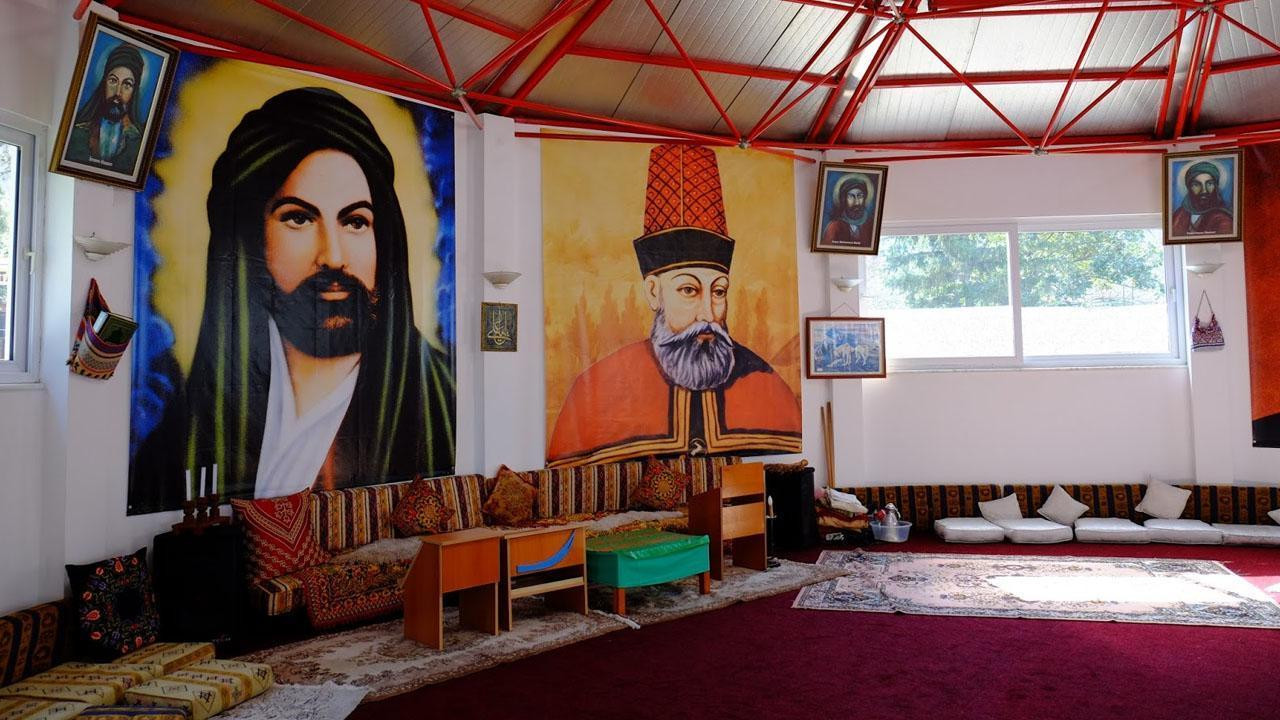Istanbul Municipality recognizes cemevis as ‘places of worship’
The Istanbul Municipality City Council has officially recognized cemevis (Alevi places of worship) and places of worship of religions other than Islam as part of the responsibilities of the municipality’s relevant department. The main opposition CHP stated that "the municipality officially acknowledged cemevi as a place of worship," with the decision despite ruling AKP's opposition.
Duvar English
On Sept. 13, the Istanbul Metropolitan Municipality City Council decided to officially recognize cemevis as places of worship and assigned them to the Directorate of Relations with Religious Institutions and Communities, expanding the scope of its responsibilities.
According to the regulation approved by the city council, cemevis and places of worship of other religions along with mosques and masjids, were listed among the places of worship in the area of responsibility of the directorate.
The main opposition Republican People’s Party’s (CHP) council group Deputy Chair Ülkü Sakalar said that with this decision, "cemevis were officially recognized as places of worship."
The ruling Justice and Development Party (AKP) group opposed the decision, arguing that it included issues unrelated to the internal regulations of the directorate and matters that should be regulated by the constitution and laws, thus violating the hierarchy of norms and falling outside the scope of the municipal council's responsibilities.
In January 2020, the proposal to change the status of cemevis as places of worship was rejected by the city council with the votes of AKP and its far-right ally Nationalist Movement Party (MHP).
Among the duties of the Directorate of Relations with Religious Institutions and Communities are examining, evaluating, and ensuring that proposals, opinions, and requests from religious institutions and communities are reviewed, evaluated, forwarded to the relevant institutional units, and followed up.
The duties of the directorate also include the construction and maintenance of buildings and facilities for places of worship belonging to religious institutions and communities, “taking into account the impartiality of public service and the principle of equality.”
Providing the necessary material support for places of worship belonging to religious institutions and communities and supporting and developing the educational and cultural activities of these institutions and communities are also included in the job description of the directorate.
In a statement he made before the 2024 local elections, Istanbul Mayor Ekrem İmamoğlu said, “Cemevis are places of worship. It is time to bury in history any understanding that does not accept this, does not have it accepted, and tries not to do so.”
Alevis make up an estimated 15-25 percent of Turkey’s population, the second main religious group after Sunni Islam.
Despite the fundamental differences in religious practices between the two groups, the Turkish government to-date refuses to acknowledge Alevi cemevi as the legitimate place of worship and to grant cemevis the same financial support as mosques. Instead, Turkey claims that cemevi is a cultural entity.

 Turkey’s Culture Ministry to cover lighting expenses of cemevisDomestic
Turkey’s Culture Ministry to cover lighting expenses of cemevisDomestic Five Alevi institutions attacked on same day in AnkaraDomestic
Five Alevi institutions attacked on same day in AnkaraDomestic